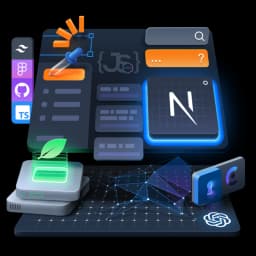Lifetime access to this course
Your Dream Career Goals
Now that you've learned what you want to do, it's time to get specific about your dream career. In this lesson, you will learn how to specify your dream career. ## The barriers to finding your dream career
The rest of this lesson is waiting.
Join JS Mastery Pro to unlock it.
Dev Career Accelerator
$575
Buy the Course OnlyBuild advanced web app
Certificate of completion included
Great for focused learners who just want this course





Get Full Access
$149 /month
Lock in a year & save—2 months free!
Access to all courses
Quizzes, mini-challenges, AI summaries, inline sandboxes
Participation in a private community
Build real production-grade apps
Mock interviews & project reviews
Weekly live sessions & member-only access